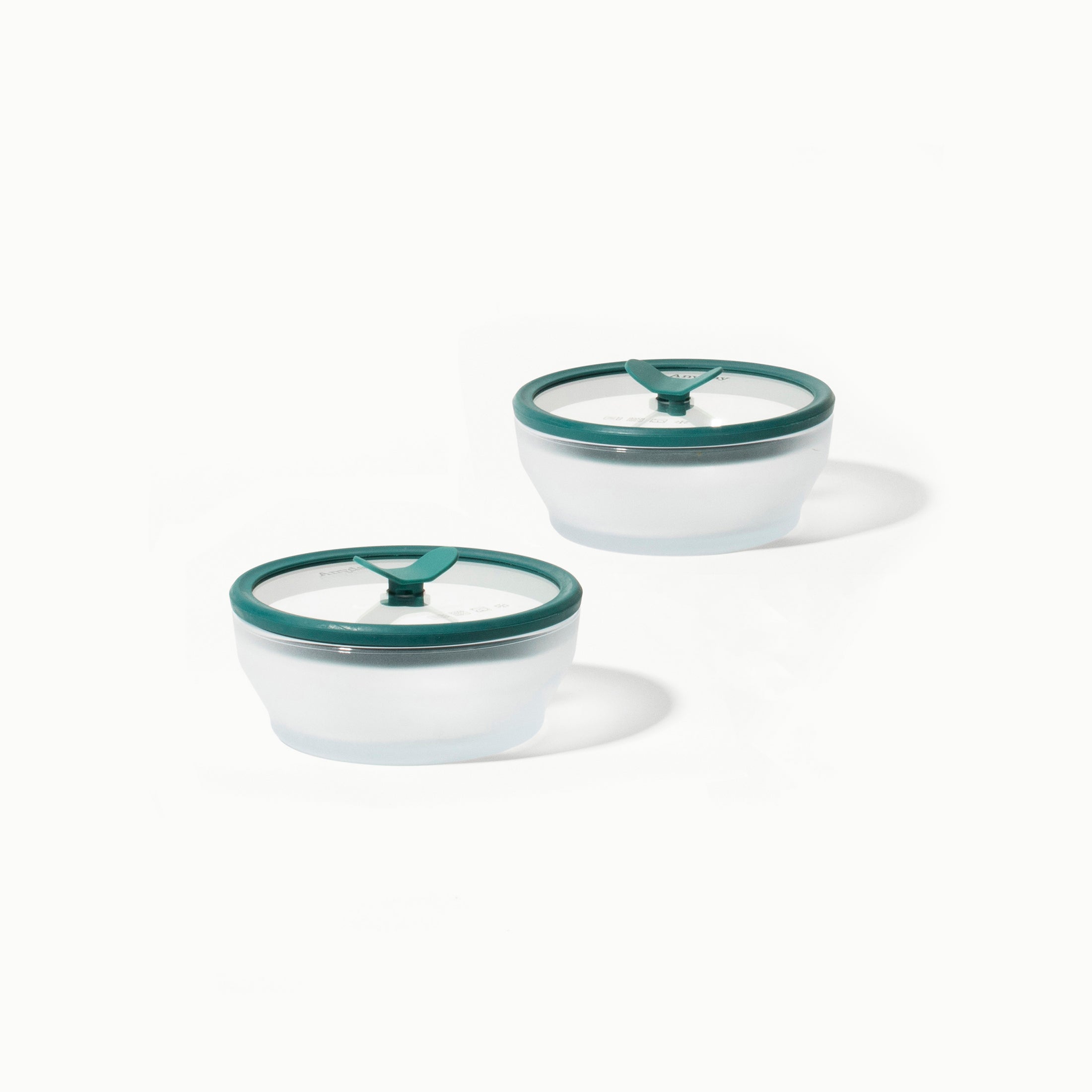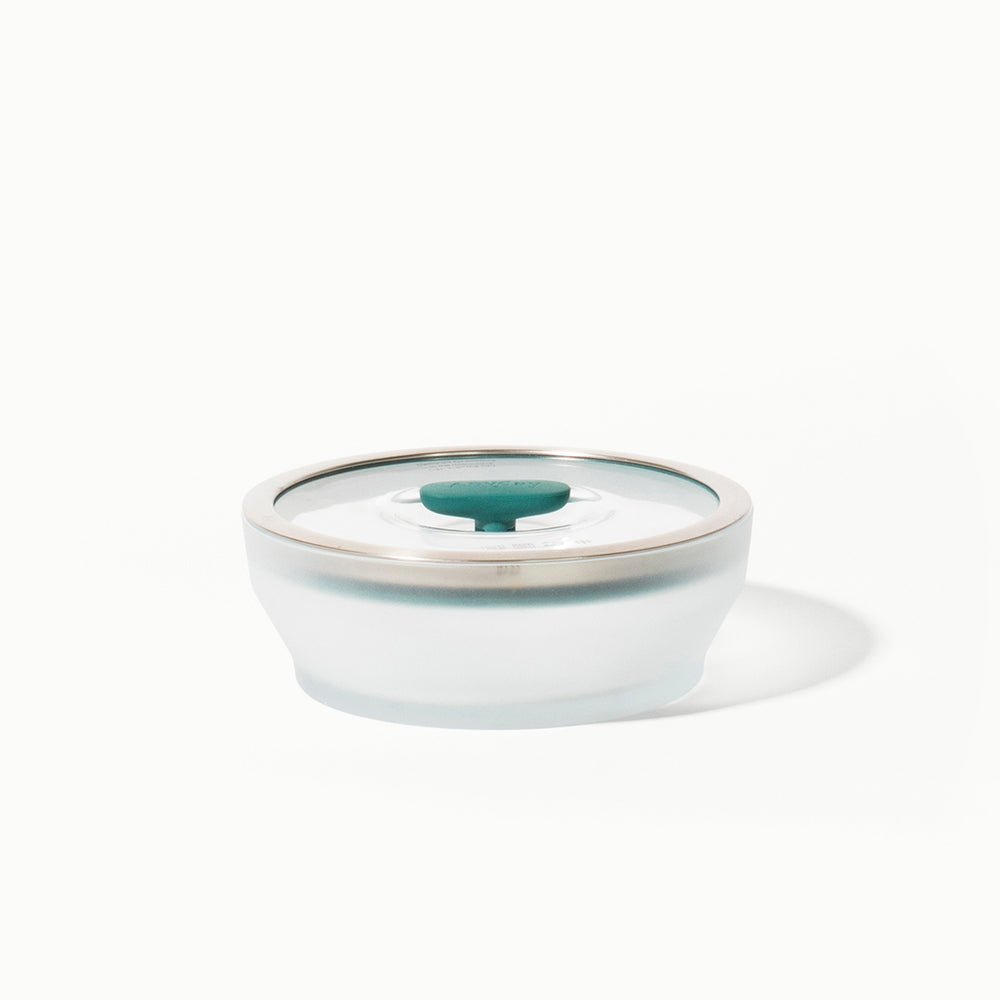In the last decade, scientists have begun to uncover the health benefits of watermelon juice. A mature, red-fleshed watermelon is rich in Vitamins A, B6, and C, as well as antioxidants as well as amino acids.
Not only is homemade watermelon juice extremely easy to make, but it also contains significantly less sugar than store-bought juice.
Table of Contents
How to make watermelon juice at home?
- Put the watermelon slices in a blender and blend for approximately thirty seconds! And that's it; it's ready!
- Try your juice directly from the blender. If you enjoy it as-is, there is no requirement to strain it.
- If your watermelon contains seeds or you desire a less pulpy liquid, strain it through a fine-mesh strainer into a pitcher. Easy!
- If your juice has separated as it rests, stir it with a spoon.
Nutritional value of watermelon juice:
Despite its high water content, watermelon juice also contains the following ingredients:
- 90% water containing nutrients
- Each drink is infused with Vitamins A, C, and B6.
- Packed with amino acids, anti-oxidants, and Lypocene.
- Low levels of potassium
- low sodium and calorie content
- The nutrients available ensure proper physiological function, boost the immune system, and protect against cancerous cells.
Health benefits of watermelon juice:
Properties anti-oxidant and anti-inflammatory
Watermelon juice contains a high concentration of lycopene, a potent antioxidant and anti-inflammatory nutrient, as well as flavonoids and carotenoids, which make it the fruit of choice in the battle against free radicals. Regular consumption of watermelon juice helps to neutralise the impact of oxidative stress as well as the free radicals responsible for premature ageing. Additionally, read about the leading ten anti-inflammatory nutrients.
Lycopene, the potent antioxidant found in watermelons, is notably important for maintaining a healthy heart. Additionally, watermelons contain citrulline, an amino acid that relaxes and dilates the heart's muscles, thereby enhancing blood circulation and cardiovascular health.
Watermelon's carotenoids protect the hardening of the heart's blood vessels, thereby lowering the risk of cardiac diseases such as stroke.
Strong Bones
The lycopene and calcium in watermelon serve to strengthen our bones by preventing bone loss caused by bone resorption. Osteoporosis is caused primarily by the process of bone resorption, which transfers calcium from the bones to the circulation. Read more about bone-building and bone-healthy nutrients.
Stronger Muscles
Potassium is essential for the proper functioning of our muscles and neurons. Watermelon juice includes high levels of potassium. Potassium is a naturally electrolyte that our bodies require after exercise. Muscle aches and symptoms are the result of potassium deficiency. The consumption of watermelon is an excellent way to help mitigate post-workout aches and pains.
Manages Diabetes
Diet and exercise regimens are typically prescribed to individuals with prediabetes in order to control and manage their blood sugar levels. Our bodies convert watermelon-derived compounds into the amino acid arginine. Arginine is beneficial for maintaining our bodies' insulin sensitivity and preventing the start of diabetes.
Helps you remain hydrated
Hydration is an essential component to good health and encourages the body's correct functioning. Water is necessary for regulating body temperature, proper organ function, providing nutrients to cells, and mental alertness. Watermelon, which contains 92% water, is an excellent choice for a daily water intake. Additionally, it has a low calorie density and may aid in controlling your weight by keeping you satiated for longer.
Nutrient dense and rich in beneficial plant compounds
The nutrient profile of watermelon includes magnesium, potassium, and vitamins A and C. It is also an abundant source of the amino acid citrulline, which may enhance exercise performance. These compounds assist in combating free radicals, which can cause cell damage and eventually contribute to conditions such as heart disease, diabetes, and others if they accumulate in the body.
Presence of Water in Watermelon Juice
The presence of water enhances your appearance.
Maintains hydration and provides essential nutrients
Restores the electrolytes your body needs to stay nourished
Salts such as Potassium, Calcium, and Magnesium inhibit dehydration.
Due to the abundance of natural carbohydrates and molasses, this beverage can replace water.
Watermelon juice boosts stamina
Being a rich source of micronutrients increases your vitality.
Magnesium and Vitamin B6 contain dopamine, which energises the cells.
Vitamin C and Beta-carotene serve as supplemental energy enhancers.
A single serving of watermelon juice is able to eliminate lethargy.
Watermelon Juice Uses:
Numerous applications for watermelon liquid exist. Being readily available, it is a popular beverage during the summer. It contains an abundance of health benefits. It maintains you hydrated and provides numerous essential nutrients. Maintaining a healthy weight additionally keeps the heart healthy. Additionally, it benefits kidney health.
Watermelon juice could be applied directly to the epidermis. A more viscous liquid can be applied as a scrub. Leave the watermelon flesh on your skin for several minutes to observe its exfoliating effects. It absorbs all nutrients directly into the skin, leaving you appearing healthy and youthful. It softens the epidermis and eliminates any tan.
Watermelon Juice Side-Effects and Allergies
Large quantities of watermelon juice may cause adverse effects on the human body. These could include
- Intestinal disturbance
- Not suitable for diabetic patients
- Recommendable for expectant women, but in restricted quantities
- Individuals with insufficient blood sugar should avoid it
- Insulin imbalance causes contraindications for diabetes patients
- Additionally, it causes facial edoema, anaphylaxis, and rashes.
- There may be nerve and muscle problems.











Leave a comment